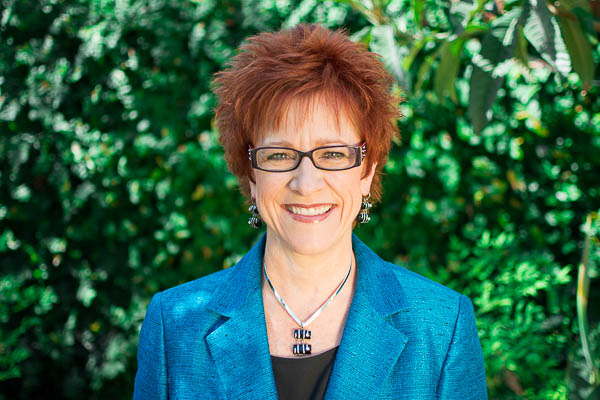 Does every assisted living and skilled nursing community in America serve a dessert to their residents for lunch AND dinner? Is this too much sugar? Can sugar cause or increase dementia and Alzheimer’s?
Does every assisted living and skilled nursing community in America serve a dessert to their residents for lunch AND dinner? Is this too much sugar? Can sugar cause or increase dementia and Alzheimer’s?
My mom lived in assisted living for 7 years and had desserts twice a day. Now, she has lived in skilled nursing for 17 months with desserts twice a day and don’t forget the occasionally ice cream snack or the birthday party with cake. She has progressed over nine years from some memory loss to full blown vascular dementia. Was it life, genes or could sugar have helped it along? What is your opinion?
Fact: It is very hard for me to walk away from a good piece of chocolate. I am a sugar addict. Then I started reading about sugar causing inflammation in the body according Dr.Daniel Amen and how sugar can lead to dementia according to New York Times’ best selling author David Perlmutter, MD. When I started eating more that 12 pieces a day, I decided to give up sugar.
Every month, I am a presenter at four or more marketing luncheons for prospective residents. The lunches are outstanding and always end with a spectacular dessert. This week it was a cheesecake with strawberry sauce. I said no thank you. As the excellent servers are glancing around and notice that I don’t have a dessert, they come over to offer me one again. Sometimes I have had to say no to dessert three times at one luncheon. It is tough to give up sugar!
Temptation is everywhere! There is always a birthday celebration with cake, candy in the office, bakeries and here comes Halloween candy. Do you nibble or eat as much as possible? Do think it will cause us to have dementia sooner?
How many of us working folks eat two desserts every day? Is it bad that we feed two desserts to our seniors with dementia twice a day in our assisted living and skilled nursing care communities?
Diane Twohy Masson writes this weekly blog to support and engage with other senior housing professionals. Her first book is Senior Housing Marketing – How To Increase Your Occupancy and Stay Full. Many sales teams and organizations have used the 12 keys contained in this book for their weekly book review.
Diane Masson has recently created a New Guide for the Silver Tsunami. Her latest book offers a pro-active approach for a senior to navigate his or her way through the senior housing market. “Selecting Senior Housing Options for Seniors IN the Silver Tsunami” is coming soon to Amazon.com. www.tips2seniors.com



Yes, sugar is very addictive. Just like salt, black and red caviar and other delicious food….
But, on the serious note, it’s proven long time ago that sweets are bad for overall health.
I substitute brownies with sliced apples/grapes/bananas. I use dried fruits and nuts mix for snacks. I make smoothies with frozen bananas, fresh avocado, chia seeds and organic cocoa powder to “fake” chocolate “milk” shake. My residents find it absolutely delicious!
I also noticed that most elderly residents with sugar craving have severe yeast infection, commonly called “candida”. I have never met one doctor who would diagnose it as a separate health condition (instead of side affect from something…… ) and talk about how to prevent it. But simple sugar reduction is easiest and safest way to treat candida, alone with fermented food/probiotics and a diet. NO sugar is a must for those whose immune system is depressed and elderly resident, for those who infected with fungus or have problems in digestive system. Yes, it’s related to cognitive decline.
At this point, does it really matter? This is essentially the end of their lives so why not have what you want?
Of course there are exceptions to that rule, but why deny someone at this stage in their lives?
Just my feeling. Don’t judge! (Wink)
I agree that the dessert issue is one I take issue with. As a director of a senior center and a personal trainer I always feel guilty that I am putting out yet another birthday cake! My mom is also in an assisted living facility. She has diabetes and she is told that her twice a day desserts are low sugar treats. But I wonder!
I work at a senior’s serice centre and have experience with my mother in an assisted living place. From my observation, seniors get quite upset when they canot have their meal with a desert. They have been brought up on pies and cakes and it is very difficult to change that. They look forward to their deserts and ice cream.
I agree that it is not very healthy. It would be great if someone could come up with a great tasting sugar free desert for seniors.
One thing to take into consideration is that as we age we lose the ability to taste certain things, i.e. salt and while the ability to taste sweet things remains. If we are considering calories, eating well and nutrition, it is reasonable to add a small amount of honey or fruit sauce on top of something to make it more appetizing. I would like to know if there have been any studies done on this topic.